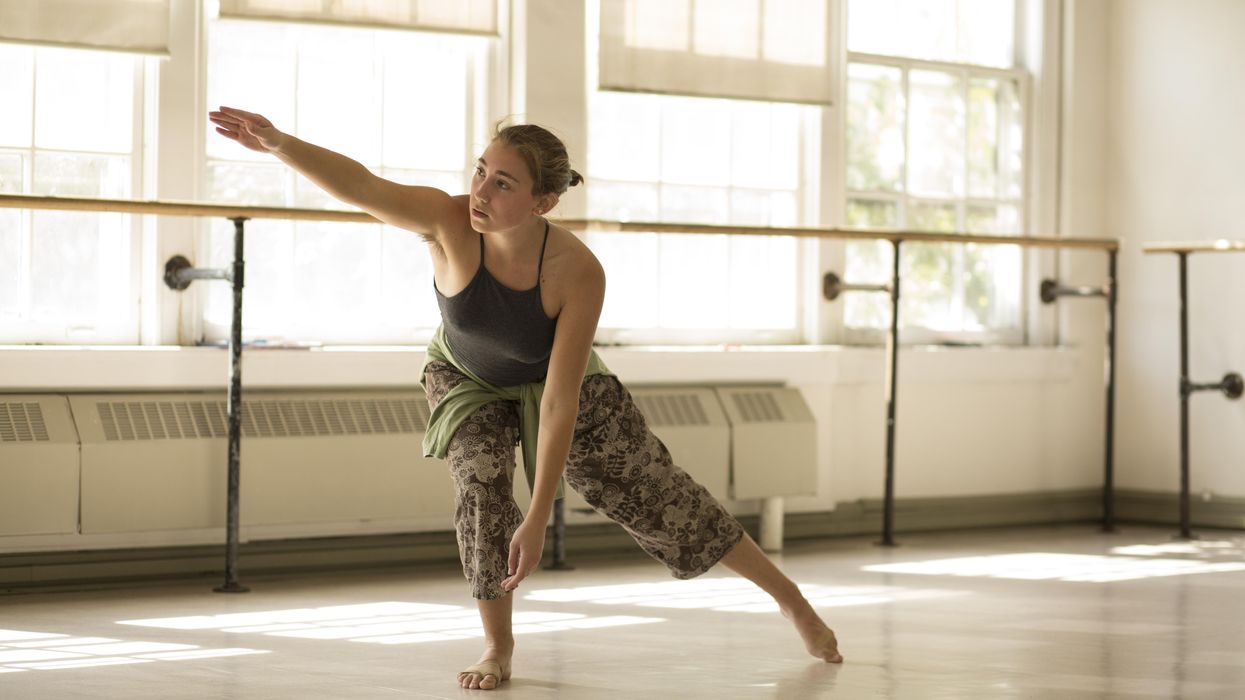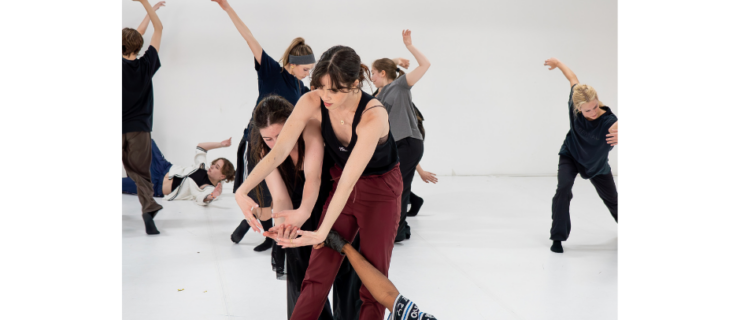Is Independent Study Right for You?
Keeping up with college dance classes is challenging enough. But crafting your own? That’s a whole new level. While most university dance programs offer independent-study courses, dancers don’t always do one because they aren’t quite sure what it entails. Yet the opportunity can give students a chance to dive into a topic that isn’t covered in the regular curriculum. Sure you don’t have room for one more credit?
Find Your Topic
Dancers are often most intimidated by homing in on an idea for their independent study. Here are a few tips for brainstorming a subject:
Find inspiration in other classes. Be on the lookout for topics in your coursework that pique your interest. They can serve as the springboard for an independent study project.
Read faculty bios. Find out what sort of research members of the dance faculty are doing or have done in the past. Not only can this spark an idea, but it can also point you to a mentor.
Consider your passions. The best topics are those you’re authentically interested in. Are you invested in helping people with disabilities? You could explore dance as a form of movement therapy. Love to play piano? Learn how to accompany a dance class.
Ask for advice. Don’t shy away from an independent study just because you haven’t completely fleshed out your idea, says Jan Erkert, head of the dance department at the University of Illinois. “Those big ideas are where students should start,” she says. Advisors and faculty can help you narrow down a topic.
Curiosity-Driven Coursework

When Emily Pierce first enrolled in the Honors Tutorial Program in Dance at Ohio University, she was a little intimidated by the endless topics she could explore. Then a lecture about media literacy in her introduction to women’s, gender and sexuality studies course sparked an unknown passion of hers: the intersection of dance and surveillance. What began as a nagging curiosity snowballed into several semesters’ worth of independent studies centered on dance in new media, including motion-capture technology and drone art. Now a junior in the program, Pierce says that the key to being successful in an independent study is staying curious: “What keeps learning really exciting for me is that I never know what I’m going to find.”
Is It for Me?
While independent study can be a great opportunity to explore your interests, it isn’t right for everyone. Dancers who pursue this should be self-starters, comfortable working alone, strong time managers and resilient. If the research project hits a dead end, students need to be able to go back to their main question and try again, says Tresa Randall, director of studies for the Honors Tutorial Program in Dance at Ohio University.
Consider the Benefits
You’ll forge strong relationships. In the Honors Tutorial Program in Dance at Ohio University, students are paired with a faculty member, known as a tutor, for each course. Not only does this give dancers the chance to soak in their expertise, but it also cultivates strong connections that could come in handy after graduation.
You could get clarity about your career. Nowadays, a dance degree can unlock countless career paths, and solo research projects can be a useful tool to help you suss out what you might want to do professionally.
You’ll own your education. “Education, ideally, is meant to empower the student to be their own teacher, to shape their own learning,” Erkert says. One-on-one research equips dancers with the tools they need to be lifelong learners.




